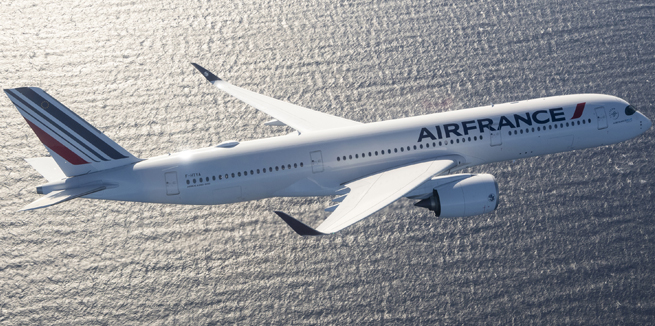Recently, France decided to cancel all domestic flights, making travelers take the train or bus to their destinations. The government’s idea was to both tackle climate change and noise pollution at the same time. However, the proposal has proved unpopular with tourists and businesspeople alike. Today, we will delve into the tricky subject of regional flight sustainability.
Proponents of the law in France state that, by regulating the flow of air traffic over the country, pollution from greenhouse gases is eliminated. With airports such as Nice having approach patterns that divert flights almost directly over the city, noise pollution will most certainly be reduced. Many people cannot focus under the droning of an engine, and productivity will increase in areas affected.

The problems, though, range far. Travellers will have a hard time making connections. This will likely cause delays and missed flights. Airlines like Air France that are built on hub-and-spoke traffic will have an undoubtedly difficult time with these new regulations. Furthermore, a train from, for example, Marseille to Paris takes four hours, while a flight takes under an hour. For businesspeople hoping to return before the day ends, a train-based domestic industry will force them to purchase hotels.
While the intentions may be noble, the French domestic flight ban will hurt travel and business. Despite the benefits, these regulations cripple airlines and connecting travelers alike.
